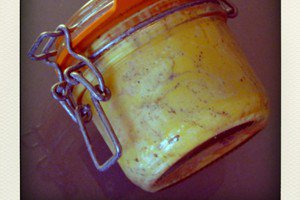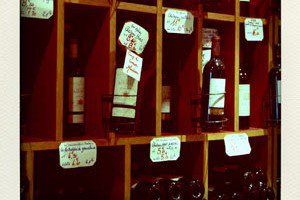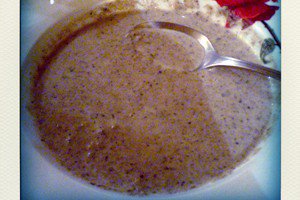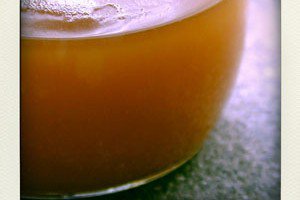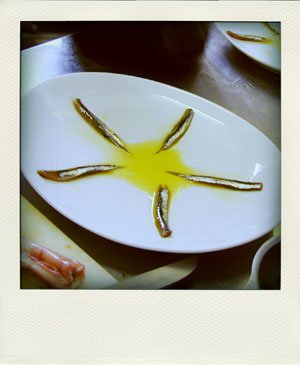
This is part of a series on French idiomatic expressions that relate to food. Browse the list of idioms featured so far.
This week’s idiom is, “Mettre de l’huile sur le feu.”
Literally translated as, “putting oil on the fire,” it means making a difficult situation even worse, exacerbating a conflict, often purposefully. It is equivalent to the English expression, “adding fuel to the flames.”
Note that it can also appear as, “Jeter de l’huile sur le feu” (throwing oil on the fire) or “Verser de l’huile sur le feu” (pouring oil on the fire), and that an older form puts the oil dans le feu (in the fire).
Example: “Il aurait pu porter plainte contre son voisin, mais il ne voulait pas mettre d’huile sur le feu.” “He could have filed a complaint against his neighbor, but he didn’t want to put oil on the fire.”
Listen to the idiom and example read aloud:
(If no player appears, here’s a link to the audio file.)
Note that, because huile is an uncountable noun, the negative form of mettre de l’huile (~putting some oil) is ne pas mettre d’huile (~putting no oil).
This expression dates back to the seventeenth century; in a letter to her daughter in 1673, Madame de Sévigné wrote, “Vos paroles sont tranchantes, et mettent de l’huile dans le feu.” (“Your words are sharp, and put oil in the fire.”)
As you will likely have guessed, this idiom draws upon the flammability of oil, and the idea that, instead of trying to put out the fire like any well-intentioned person would, the subject is in fact adding oil to keep the flames going.
(And while we’re on the subject, perhaps you need a refresher on how to put out a fire?)


